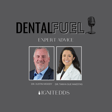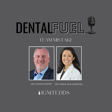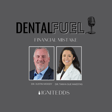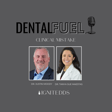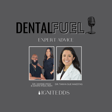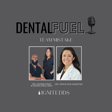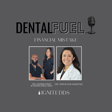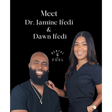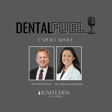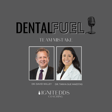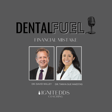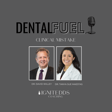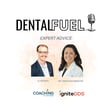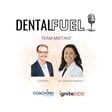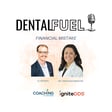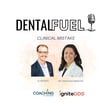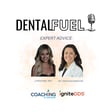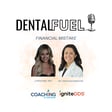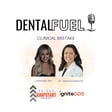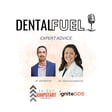
Loren King: Team Mistake
🚨 Temping isn’t for the faint of heart! 🚨
In this episode of Dental Fuel, Loren King spills the tea on navigating office drama, finding supportive teams, and building resilience as a travel hygienist.
Episode Summary:
In this insightful episode, Tanya Sue Maestas sits down with Loren King, a dynamic travel hygienist turned speaker, to delve into the complexities of working as an independent clinician. Loren shares her journey from seasoned hygienist to empowering advocate, emphasizing the pivotal role teamwork and personal growth play in professional transitions. Through candid anecdotes, Loren sheds light on the challenges and rewards of temping, offering valuable lessons for dental professionals navigating unfamiliar practice environments.
Loren King's discussion unveils the intricacies of temp work, navigating office politics, and the necessity of finding supportive professional networks. As she reflects on her experience, key topics emerge like the importance of self-awareness and resilience, underscoring her transition towards independence in the dental industry. Loren further engages with her advocacy for human trafficking awareness, highlighting the crucial role dental professionals play in identifying potential victims, thus unveiling an essential facet of healthcare often overlooked. Her compelling testimony serves as a call to action for dental professionals to broaden their perspective and take proactive measures within their practice.
Key Takeaways:
- The Transition to Independence: Loren's journey emphasizes the positive aspects of becoming an independent hygienist, notably when traditional team dynamics hinder personal growth.
- Understanding Office Dynamics: Loren discusses the unpredictable environment of temp work and the importance of focusing on patient care despite challenging circumstances.
- Human Connection in Dentistry: Despite the challenges of not working in a stable office, building strong connections with patients remains a key motivation for Loren.
- Advocacy for Human Trafficking Awareness: Loren’s personal narrative underlines the crucial role dental professionals can play in identifying victims, stressing the importance of awareness and education.
- Finding Your Community: Loren underscores the necessity of surrounding oneself with like-minded professionals who support growth and innovation in any field.
Connect with Loren King: @lorenthecoachforhumans
Connect with Ignitedds and Dr. David Rice: @ignitedds Free Intro Call
Connect with Tanya Sue Maestas: @tsmaestas.dds
Learn more about Ignite Coaching : https://ignitedds.com
